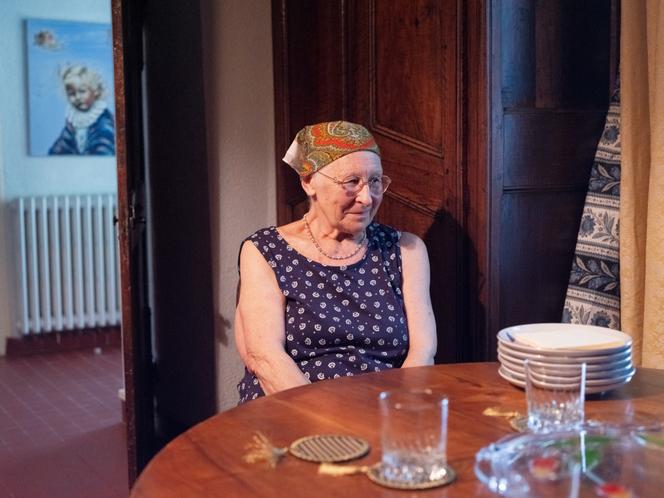


She was believed to have spent her life bedridden in the farm in France's southeastern Drôme region, where she was born in 1902, surviving on nothing but a weekly communion wafer, and reliving the Passion of Christ each Friday, with her paralyzed body said to bear the stigmata. By the time of her death in 1981, Marthe Robin's reputation had spread far beyond France's borders.
The Foyers de Charité, the powerful institution she founded in the 1930s with her spiritual director, the influential Father Georges Finet, was established across the world, offering spiritual retreats to lay people.
But four decades later, the publication of a book by Belgian detective monk Conrad De Meester would tarnish the image of the candidate for beatification. In it, she was described as a "manipulator," guilty of "mystical fraud."
When the book was published in 2020, such accusations sent shockwaves through the Foyers de Charité. Their leaders were already facing other serious difficulties. In 2017, Father Bernard Peyrous, who had served as postulator for Robin's beatification cause since 1996, was removed from his role for "seriously inappropriate behavior towards an adult woman" – and was later charged with rape and sexual assault.
You have 87.11% of this article left to read. The rest is for subscribers only.
